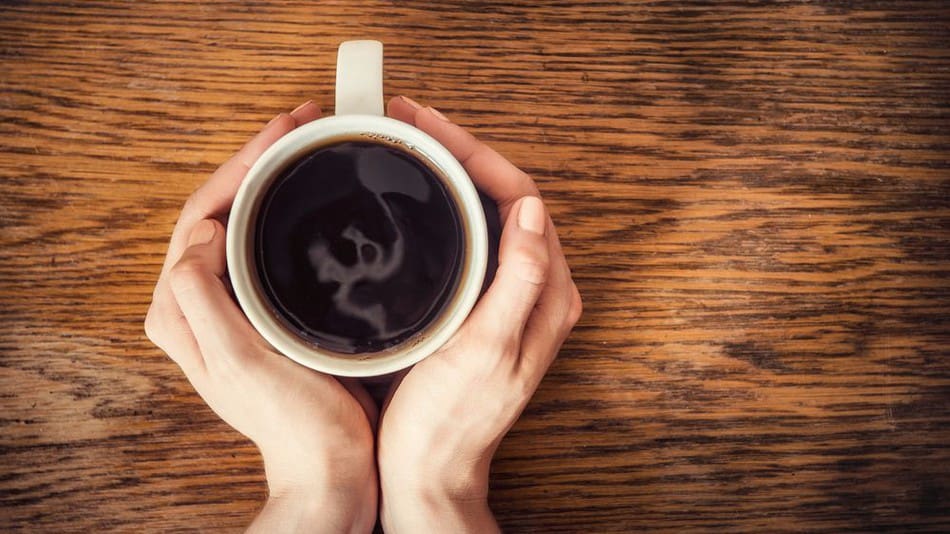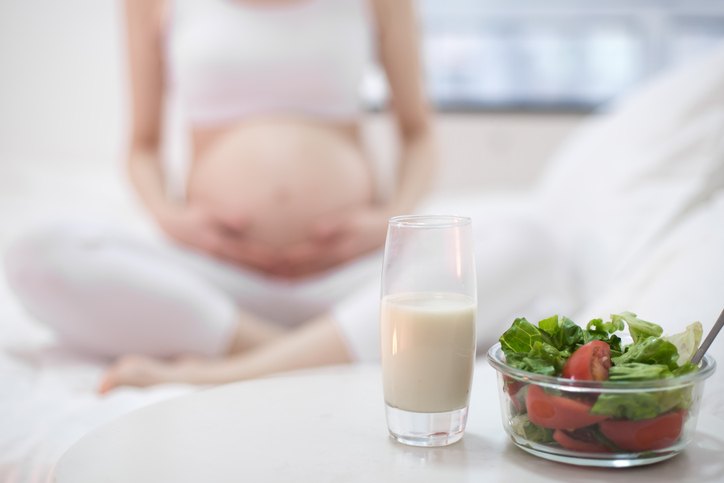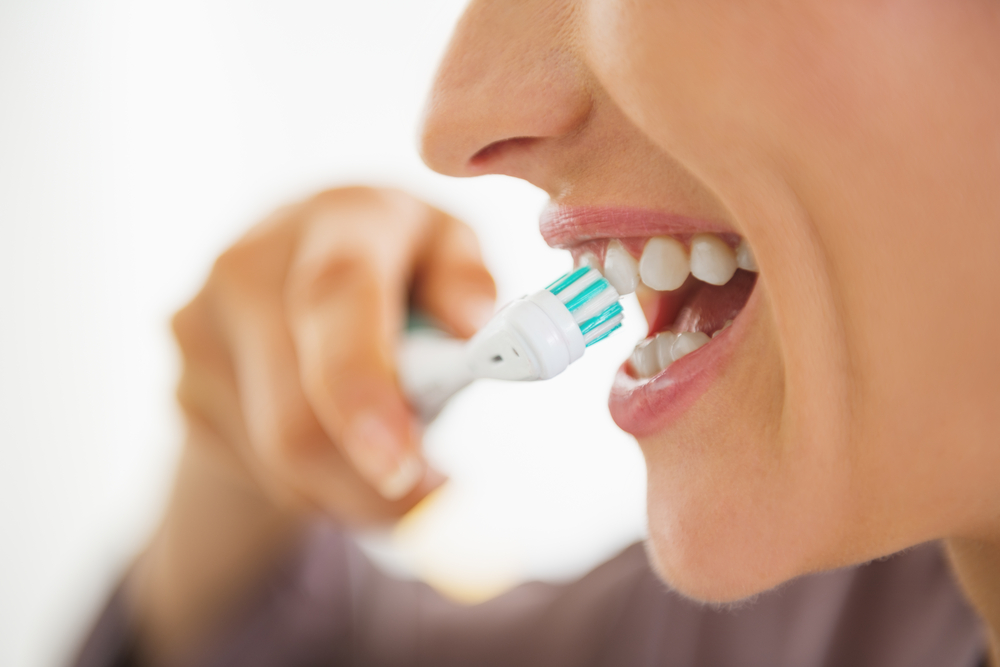Contents:
- Medical Video: What Coffee Does to the Heart, Brain, & Body - Dr. Alan Mandell D.C.
- Why does the heart pound after drinking coffee?
- How many cups of coffee are still safe for consumption?
- Benefits of drinking coffee
Medical Video: What Coffee Does to the Heart, Brain, & Body - Dr. Alan Mandell D.C.
Have you ever felt a pounding heart after drinking coffee? The National Institutes of Health defines heart palpitations or heart palpitations as a sensation of a heartbeat that takes place faster than normal. When this happens, the heart pumps blood and only experiences a momentary disorder. It turns out that coffee is one of the causes of heart palpitations faster than usual.
Why does the heart pound after drinking coffee?
Coffee contains caffeine, which is a natural stimulant for the body. When you drink caffeine, the central nervous system is stimulated. This causes symptoms such as increased alertness, headaches, nervousness, heart palpitations, and dizziness.
Everyone reacts to caffeine in different ways. Some people don't experience any symptoms when consuming caffeine, but not a few people experience side effects after consuming caffeine.
This condition can depend on how often and how much you usually consume caffeine. If you are not used to drinking coffee, then you tend to experience heart palpitations. Or maybe your body is more sensitive to caffeine which triggers the reaction of heart palpitations after drinking coffee.
Caffeine causes heart palpitations because it stimulates your central nervous system. The American Heart Association says, even though your heart has a regular rhythm, nerve stimulation can change that rhythm.
How many cups of coffee are still safe for consumption?
Although caffeine can make your heart beat faster, basically this does not endanger health. Reporting from Livestrong, about 80 cups of coffee per day is a deadly dose of caffeine. That means, when you eat enough coffee, coffee is not a dangerous thing even if it causes heart palpitations.
According to Dr. Arthur Klatsky, a cardiologist in the United States, states that taking one to three cups of coffee a day also has a preventive effect on some diseases. His research also shows that coffee has no protective effect on the heart, but also does not cause harmful effects.
The American Journal of Clinical Nutrition states that most people are able to tolerate moderate amounts of caffeine without harmful side effects. About 200 to 300 milligrams of caffeine, which is equivalent to two to four cups of coffee per day is generally still considered normal. More than this amount can stimulate a certain reaction, including one of them heart palpitations.
A study by a health organization in America of 130,054 adults tested the effect of drinking coffee and the possibility of experiencing an irregular heartbeat. The study found that those who drank four glasses of coffee or more each day were 18 percent more likely to experience an irregular heartbeat than those who did not drink coffee at all.
The stimulant effect on coffee can cause you to have trouble sleeping or disturb your stomach which can affect your health. If you have a condition with a heart problem, consult your doctor how many cups of coffee are safe for you.
Benefits of drinking coffee
According to the Harvard School of Public Health, although coffee can have a stimulant effect on your heart and body, drinking coffee can offer various benefits. The benefits of consuming coffee include reducing the risk of diabetes, colon cancer, and gallstones. Coffee also has a protective effect against liver disease and Parkinson's disease.













